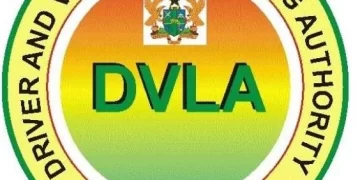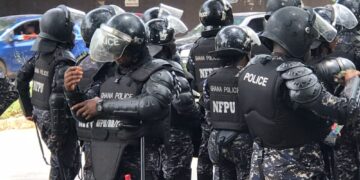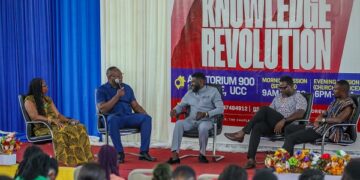Dr Emmanuel Tenkorang, Ashanti Regional Health Services Director, urged the media to lead the drive to get the Covid-19 vaccines to be taken by every Ghanaian.
He said the vaccination exercise that begins this year on March 2 is safe and successful in reducing the rate of hospitalization and deaths associated with the pandemic of coronavirus.
Dr Tenkorang said that the media had a crucial role to play in encouraging people to engage in the vaccination exercise to help minimize the spread of the virus and its negative impacts on people’s lives, addressing journalists in Kumasi in order to get their support for the vaccination exercise.
He said the Ashanti Region was expecting approximately two million doses of the Indian-made AstraZeneca vaccine to be given to people.
Dr. Tenkorang said that in 14 districts, including the Kumasi metropolis and the municipalities in the Greater Kumasi region, the first batch of vaccines will be administered.
The first to collect the doses will be frontline health staff, including nurses, physicians and laboratory technicians, as well as people with chronic illnesses, officers from different security forces, people over 60 and others.
According to the plan drawn up by the Ghana Health Service, they will be followed by teachers, students, representatives of the media and others.
Dr. Tenkorang reported that the Ashanti Region currently has a total of 14,263 confirmed Covid-19 cases with 192 deaths, with 438 active cases and 13,633 recovered from the disease.
Read Also: Underreported taxes in petroleum sector seen a continuous growth since 2016 – Report
He said there was a lot of confusion about the Covid-19 vaccine, and it was necessary for the media to let people understand that this is not the first time the country has conducted vaccination exercises to prevent the spread of diseases.
Dr Tenkorang added that for the Covid-19 exercise, the same processes used for different vaccination exercises will be deployed.
He said the only threat to the covid-19 vaccination that could pose a danger would be the decision of most Ghanaians not to engage in the exercise.
Dr. Tenkorang said that during the vaccination exercise, national identification cards, including the National Identification Card, passport or voter ID cards, would be required to help collect data from individuals who participated in the exercise.
This will help create vaccination certificates, which might be a prerequisite for individuals who would like to fly to other nations.
Dr Tenkorang emphasized that the vaccination exercise would not involve pregnant women, infants and lactating mothers.
He said vaccination centers for individuals to go there to get vaccinated will be built in communities.
Dr. Tenkorang urged Ghanaians to discard the vaccine’s negative myths and to be immunized to protect themselves and their families.
SOURCE: ATLFMONLINE



























